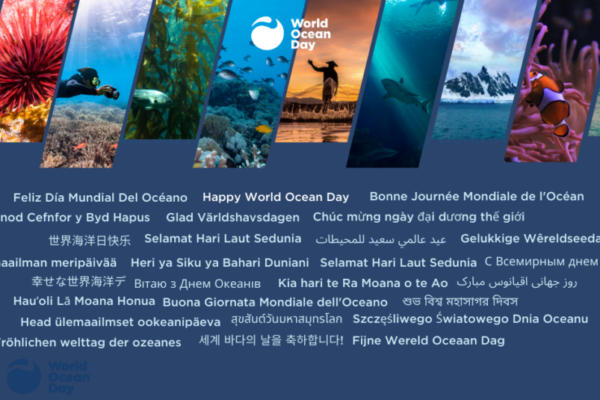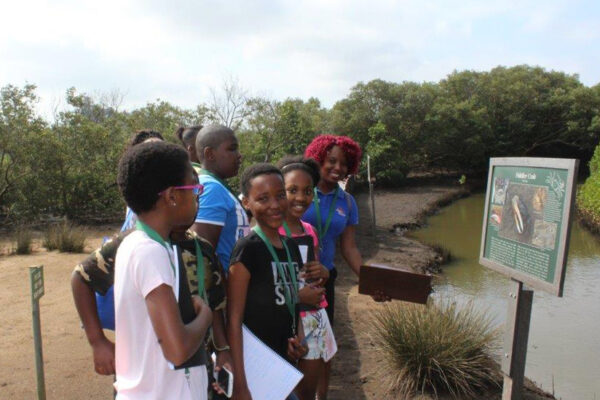New starting February 2021 for the First Friday webinars: Registration required and you can do so by clicking here.
The First Friday Webinar for February features a promising new approach to audience conservation engagement, as well as example of it put into practice. In a change of pace, we are posting this overview prior to the webinar, so that you may access and download the documents. Once it’s available, you can view the recording here.
Emily Routman is a planning consultant to cultural institutions with extensive experience working with the zoo and aquarium community, as well as prior experience working on staff at the San Francisco Zoo and the St Louis Zoo. Emily recently collaborated with San Diego Zoo Global to help them develop a thoughtful, yet practical approach to audience conservation engagement that brings together what had been considered two different ideas for inspiring conservation action: environmental education efforts and behavior change campaigns.
- Download “From Caring to Action: A Unified Framework for Audience Conservation Engagement”
- Download “From Theory to Practice: The CARE Conservation Engagement Roadmap”
- Download the “SDZG CARE Roadmap Worksheet (Nov. 2020)”
As an example of this approach in practice, Kirstie Rupert, Social Scientist at San Diego Zoo Global, discusses the successes and lessons learned during the Zoo’s recent effort to engage visitors in support of a strong Endangered Species Act. You can also watch a summary video about this effort.
And don’t miss the Q&A which, as always, will focus on ways you, as leaders at other other aquariums, zoos, and museums, can apply the above to your own efforts, including by participating in ongoing and emerging campaigns being developed collaboratively at The Ocean Project.
Remember: Be sure to register for future webinars in the series. The next edition is set for the usual time, 1pm ET, on Friday, March 5, with an anticipated discussion of the latest in plans and possibilities around World Ocean Day 2021.
The webinar series is part of an initiative funded by the Gordon and Betty Moore Foundation. The focus for this initiative is US-based visitor-serving institutions but the lessons learned are being applied in other situations and in other countries. To view previous webinars, click here. If you have suggestions for upcoming webinars, please let us know!




